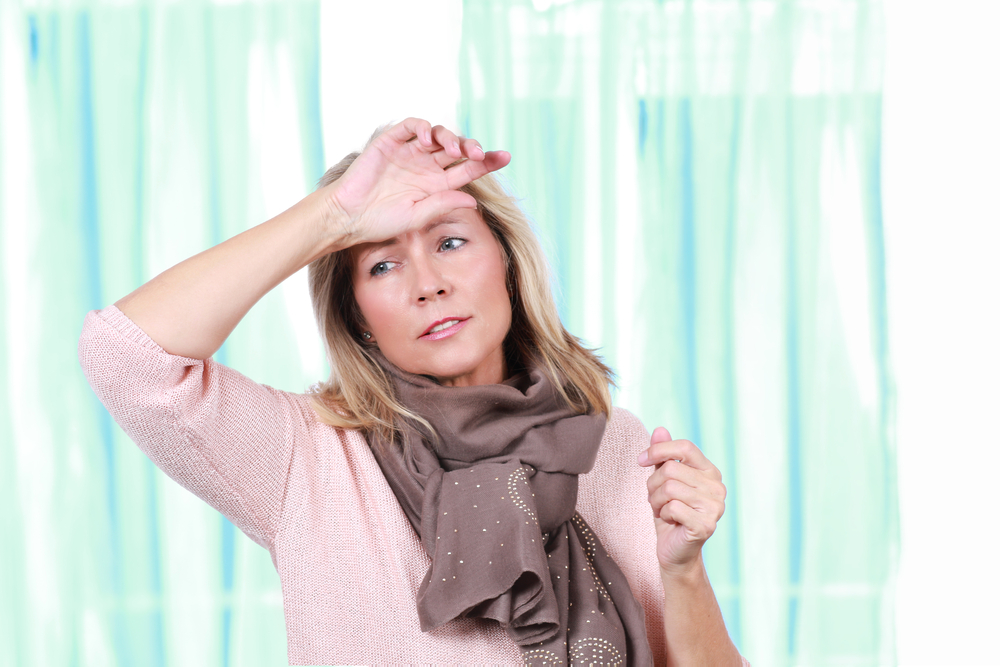Maybe you’ve never considered the idea that anxiety might be impacting menopause symptoms, but research has shown that it can play a significant role in the severity and frequency of hot flashes, one of the most annoying symptoms of perimenopause and menopause.
A 2005 article in Menopause: The Journal of the North American Menopause Society detailed study results in which women who described themselves as “somewhat anxious” as a result of life stresses encountered 3 times more hot flashes in comparison to women who happen to be inside “normal” anxiety spectrum. The women with “higher” anxiety ratings experienced 5 times as many hot flashes. What could explain this finding?
Think back to the last time you felt good from the moment you opened your eyes in the morning to the minute you closed them to sleep. This doesn’t mean no aches and pains and hassles, but the feeling that life is good, that you can cope, that you have the energy, stamina, and resilience to deal with whatever the day—or the future—has in store. You feel content with the way you look. Even your hair looks great. You’re on top of the world.
I sincerely hope that you have experienced this at some point in your life. If so, you have an idea of your potential. If not, you have a lot to look forward to.
Why do some women have more hot flashes?
A study by Wayne State University School of Medicine followed pre-, peri- and post-menopausal women older than 25 years old might shed some light on the subject. This study discovered a fascinating difference among women who suffer from hot flashes and those who do not. They found that women who have a narrow thermoneutral zone (the core temperature range the body maintains by sweating or shivering) suffer additional hot flashes.
Exactly what narrows a thermoneutral zone in animals? Norepinephrine, the neurotransmitter connected to anxiety. Consequently, the same might be thought to be true in humans.
This claim is supported by the reality that the drug clonidine lowers norepinephrine levels in humans as well as widens the thermoneutral zone; so, too, do estrogen and a number of antidepressants. However, even now we don’t understand exactly why. Deep, evenly paced breathing has a tendency to reduce the severity of a hot flash and helps to alleviate symptoms of panic — once more, they appear to be related. More research on anxiety and hot flashes is needed before we can truly understand the connection. For now, it’s enough to know that if you can relieve your anxiety, you just might help those hot flashes subside!
For more information on how to alleviate your symptoms, read our article, “Nutritional Relief For Hot Flashes.”
To evaluate your symptoms, take our on-line Hormonal Imbalance Quiz.







